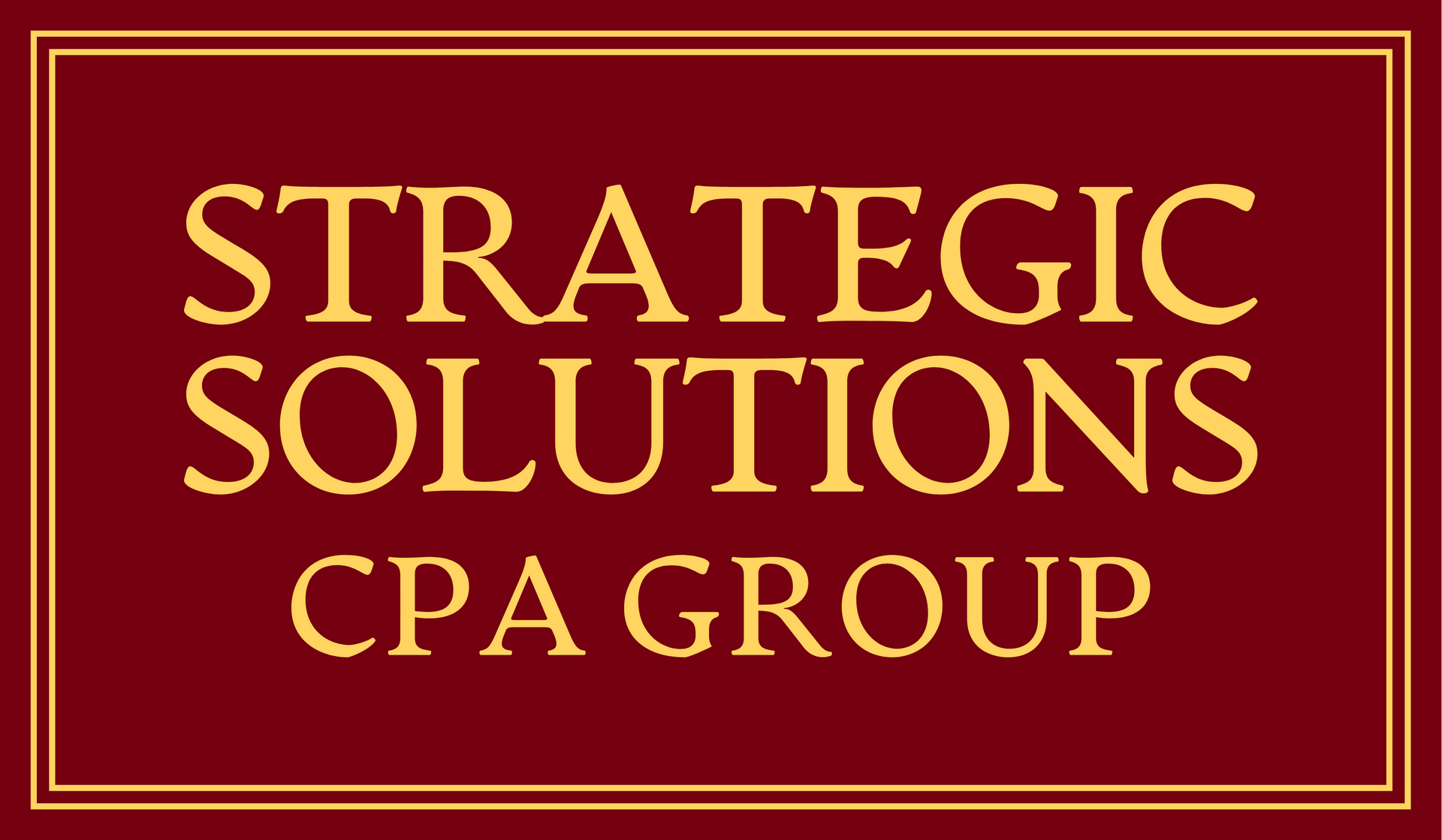Why accurate bookkeeping matters
The Cornerstone of Financial Success: Keeping Accurate Books and Records

Title: The Cornerstone of Financial Success: Keeping Accurate Books and Records
In the dynamic realm of finance and accounting, one thing remains constant – the paramount importance of maintaining accurate books and records. Whether you're a prospective client seeking professional accounting services for your small business, startup, or established enterprise, precise financial record-keeping is the bedrock of your financial success. In this blog post, we'll explore the critical role of accurate bookkeeping and the myriad advantages it brings to your financial reporting, especially within the context of partnering with a CPA firm.
Why Accurate Bookkeeping Matters to Your Business
Accurate bookkeeping forms the crux of sound financial management, underpinning all key financial activities and decisions. Here's why it holds immense significance for your business:
- Compliance: Reliable record-keeping ensures your business adheres to various legal and regulatory requirements. Tax authorities, lenders, and investors rely on your financial statements to gauge your financial health. Precise records help you steer clear of legal entanglements and associated penalties.
- Clarity and Insight: Methodical financial records provide unparalleled clarity about your financial standing. They enable you to monitor income, expenditures, and cash flow, empowering you to make well-informed decisions concerning budgeting, investments, and cost management.
- Efficient Tax Management: With meticulous records, navigating tax season becomes considerably less daunting. You can accurately calculate your tax obligations, identify potential deductions, and readily furnish the required documentation to substantiate your claims.
- Investor Trust: In the event you seek external funding or investors, precise financial records demonstrate your unwavering commitment to transparency. This fosters trust and instills confidence in your business, rendering it more appealing to potential investors.
The Benefits for Your Business in Partnership with a CPA Firm
For your business, engaging a CPA firm that advocates for accurate bookkeeping can be a transformative asset in cultivating a robust, enduring client-CPA relationship. Here's how it can elevate your financial management:
- Reduced Errors: Accurate records translate to fewer errors and discrepancies requiring correction, thus saving both you and your CPA firm valuable time and resources.
- Optimized Services: With well-organized financial data, your CPA firm can furnish more efficient, customized financial advice and tax planning services tailored to your business's unique needs.
- Client Confidence: You'll appreciate your CPA firm's commitment to your financial prosperity and the assurance that your records are managed with utmost professionalism.
- Competitive Edge: In a competitive field of accounting professionals, a CPA firm that prioritizes accurate bookkeeping distinguishes itself as a dependable, trustworthy partner in your financial journey.
Tips for Effective Bookkeeping
To ensure you maintain accurate financial records, consider these essential bookkeeping tips:
- Leverage Accounting Software or Professional Services: Invest in user-friendly accounting software or explore the option of outsourcing bookkeeping to ensure precision and efficiency.
- Regular Reconciliations: Emphasize the importance of monthly bank and credit card statement reconciliations to swiftly identify and address discrepancies.
- Expense Categorization: Implement a clear and systematic expense categorization method for enhanced spending tracking.
- Document Preservation: Stress the significance of retaining receipts and invoices, serving as invaluable evidence in case of an audit.
- Regular Reviews: Consider periodic financial reviews, whether conducted internally or by your trusted CPA firm, to promptly identify and rectify any discrepancies.
In closing, accurate bookkeeping is not merely a necessity but a strategic asset for any business, especially in your context as a prospective client considering the services of a CPA firm. It aids in meeting legal obligations, facilitates informed decision-making, and fosters trust with investors and financial institutions. By aligning with a CPA firm that champions this critical practice, you position your business for greater financial success and ensure it's well-prepared to navigate the complexities of modern finance.


